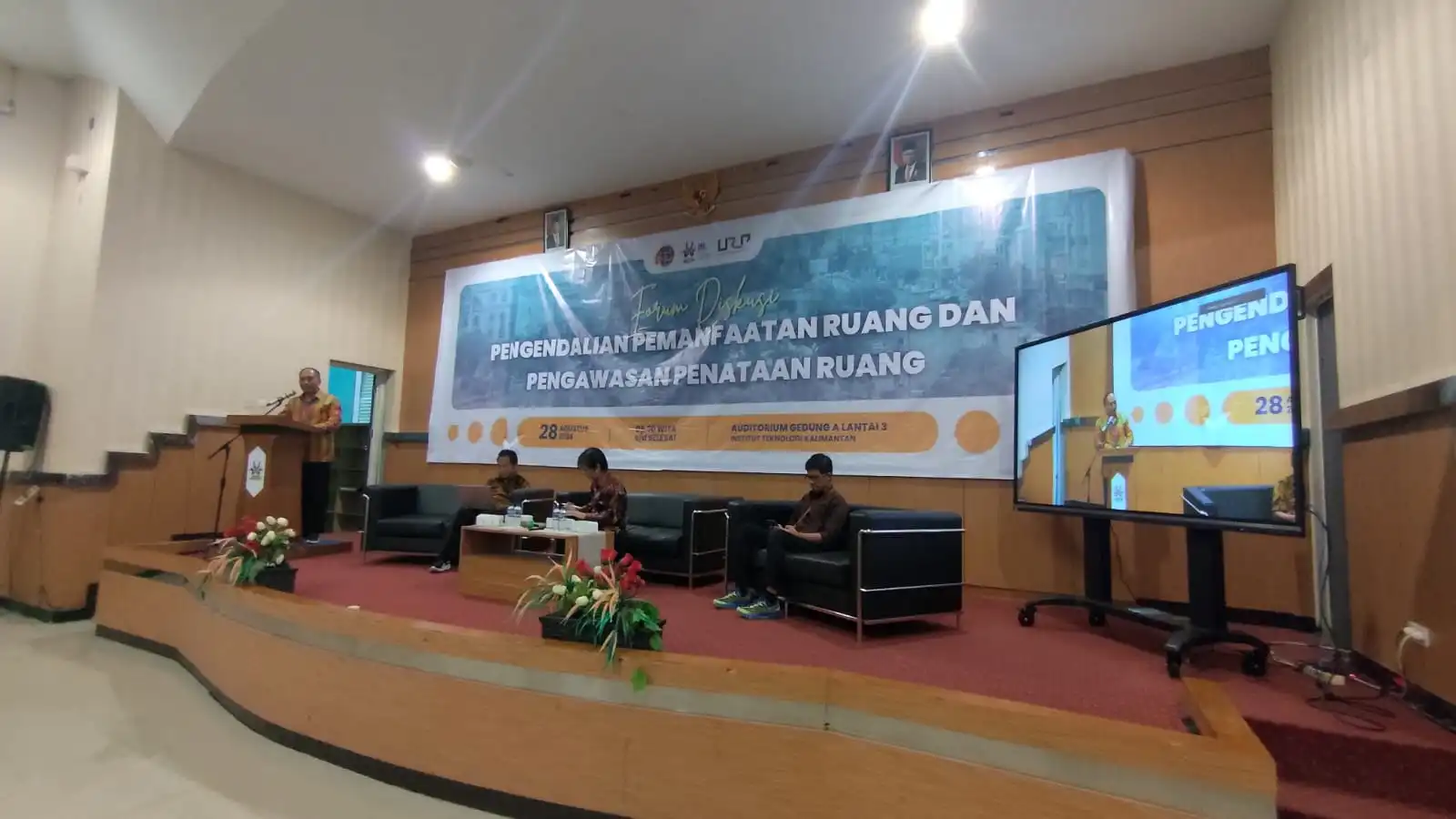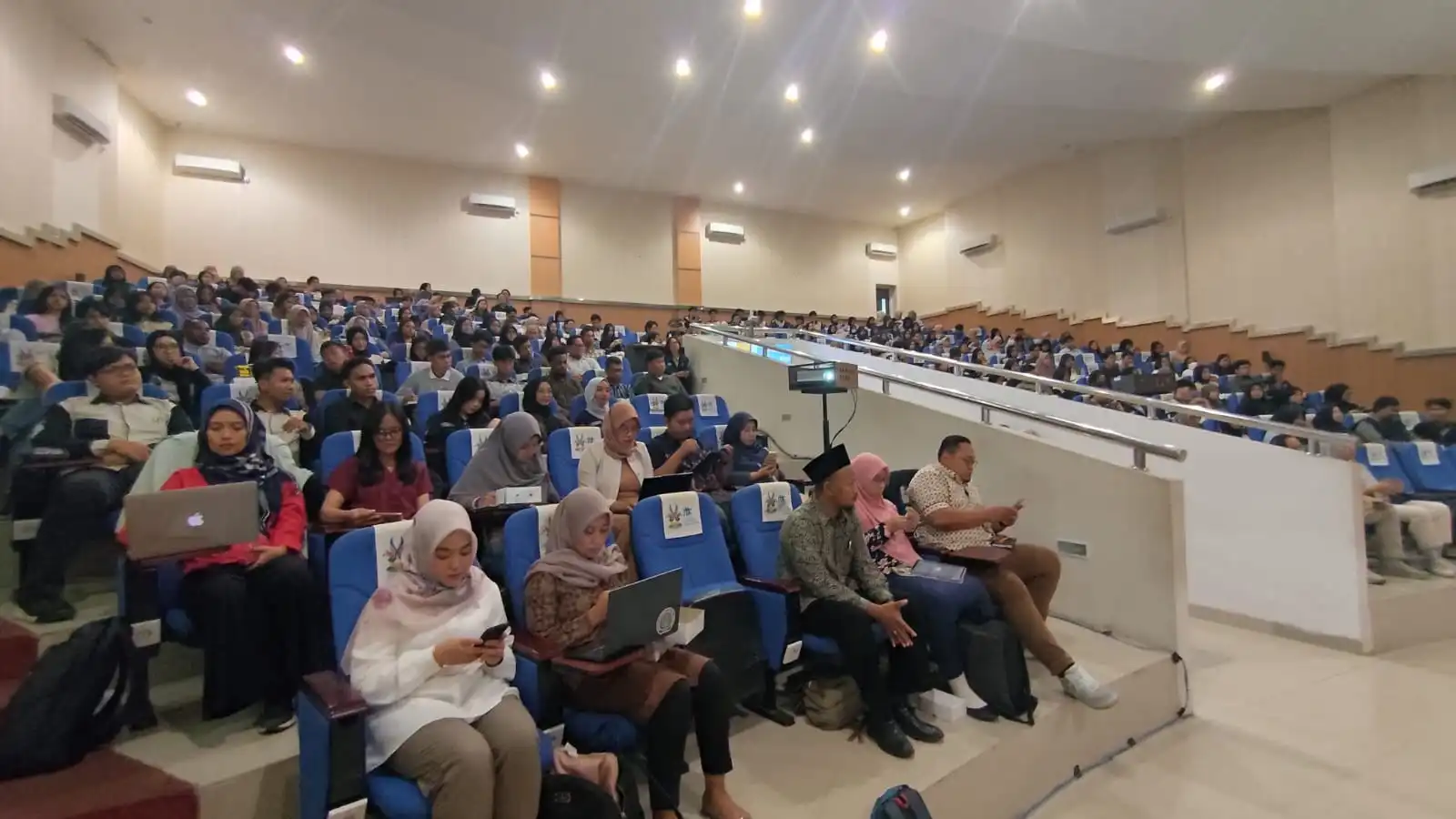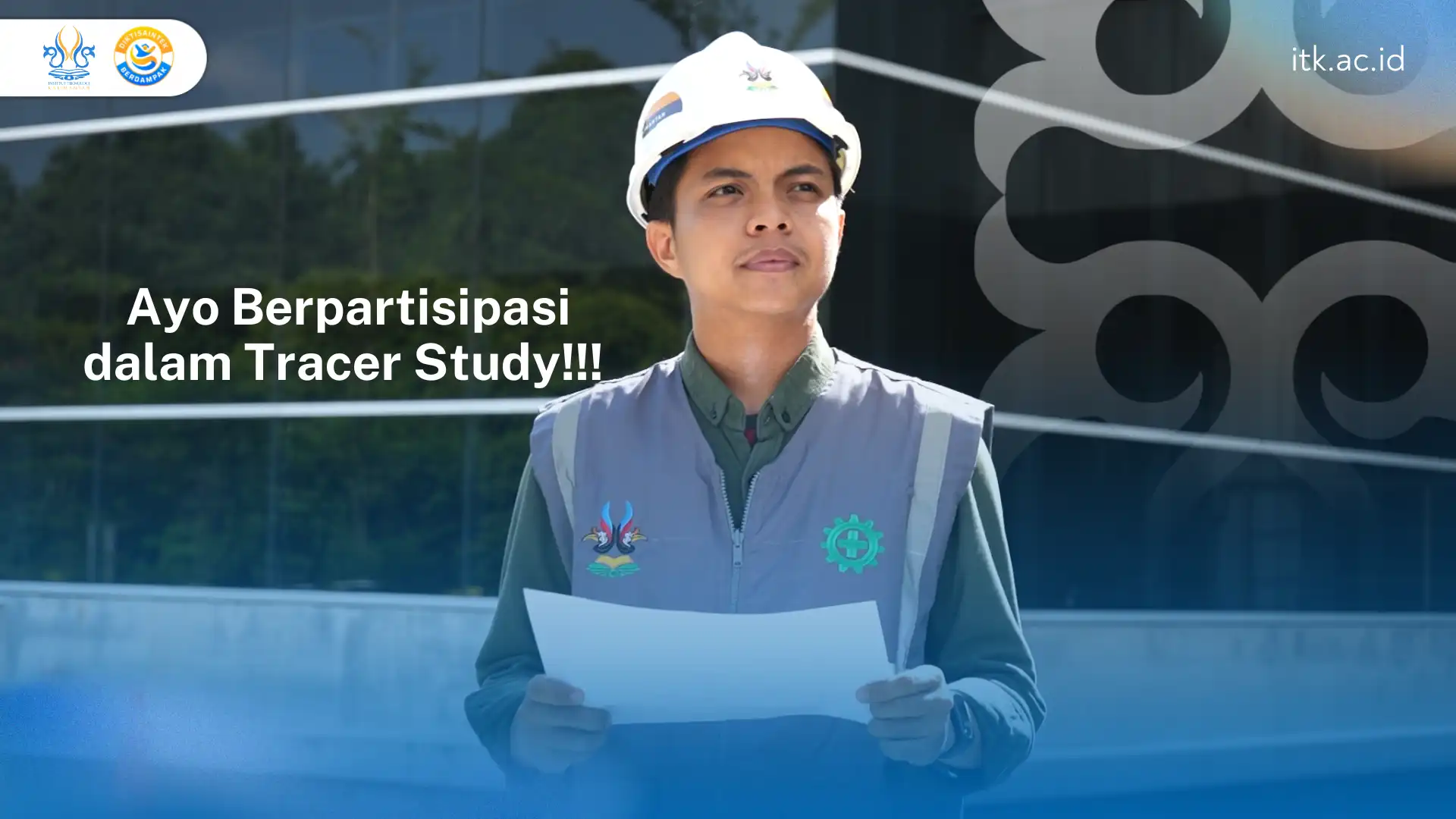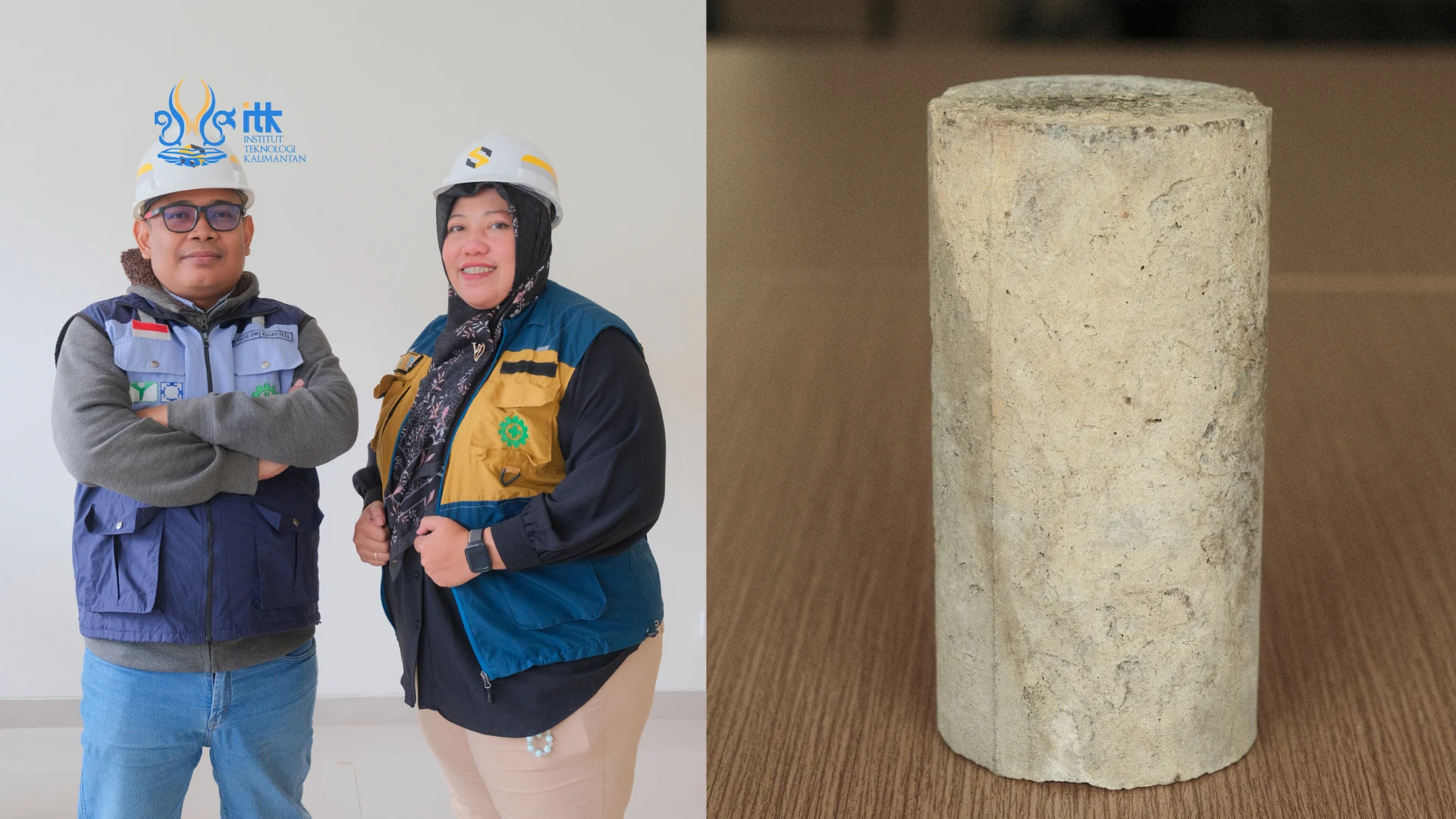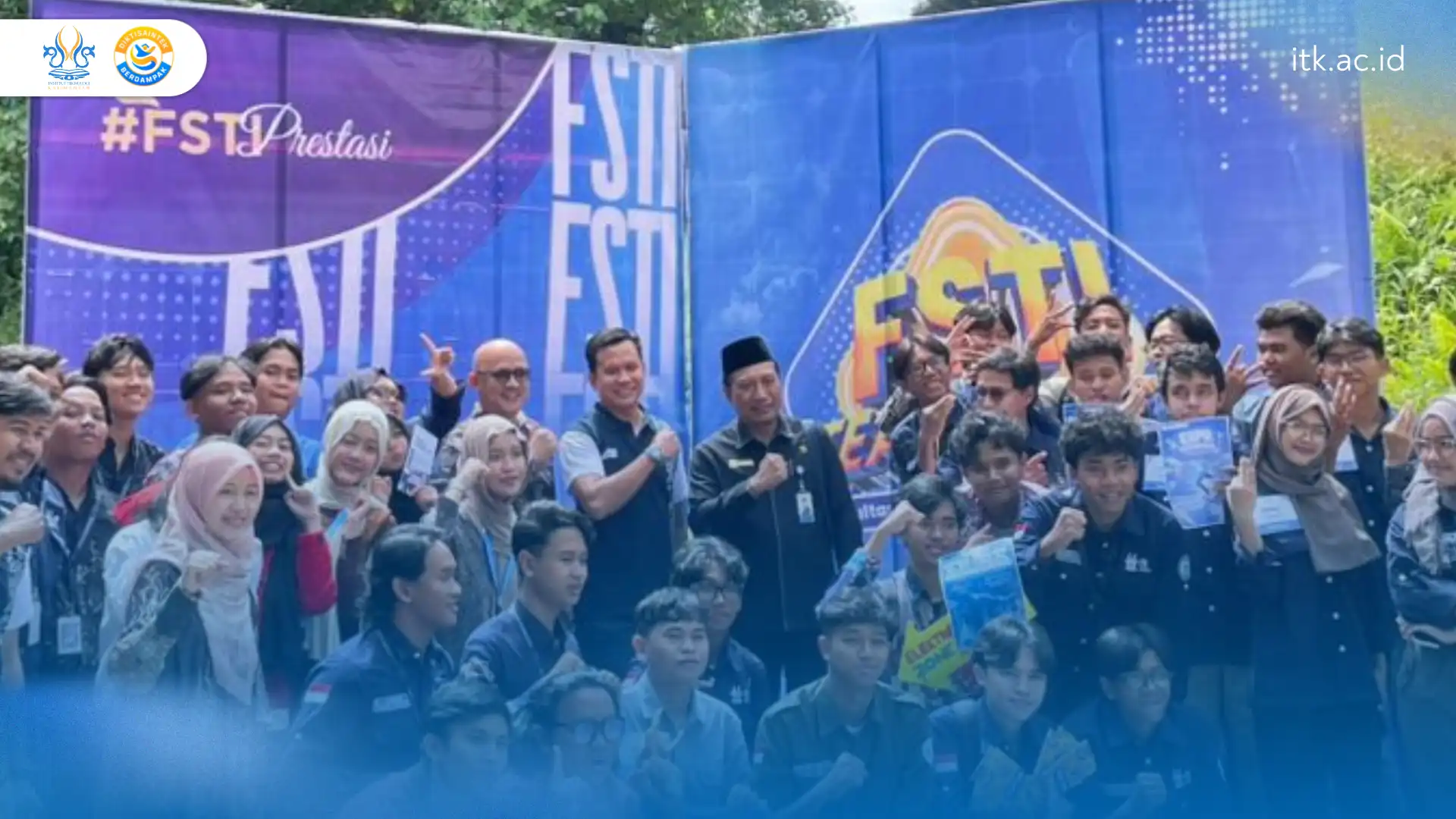Detail Berita
Weaving Synergy for Sustainable Spatial Planning: A Discussion with Experts at ITK
Isi Artikel
Wednesday, August 28, 2024, the Auditorium on the 3rd Floor of Building A, Institut Teknologi Kalimantan (ITK) became the venue for an engaging event themed "Control of Space Utilization and Supervision of Spatial Planning." This event is one of the key agendas in the implementation of Space Utilization Control, in line with Government Regulation No. 21 of 2021 and the Regulation of the Minister of Agrarian Affairs and Spatial Planning/Head of the National Land Agency No. 21 of 2021.
The event was initiated by the Directorate of Space Utilization Control, Directorate General of Land and Spatial Planning Control and Enforcement, Ministry of Agrarian Affairs and Spatial Planning/National Land Agency, and is part of a series of Technical Guidance activities organized in the Kalimantan and Sulawesi regions throughout 2024.
Opening by ITK Rector and Comprehensive Material Presentation
The forum discussion began at 08.30 WITA, opened with a warm welcome by the Rector of Institut Teknologi Kalimantan, Prof. Dr. Agus Rubiyanto, M.Eng.Sc. In his opening remarks, he emphasized the importance of synergy between the government, academia, and students in realizing better and more planned spatial arrangements.
The material presented in this forum discussion covered several important topics, including the Urgency of Implementing Space Utilization Control and Spatial Planning Supervision, Evaluation of KKPR (Compliance of Space Utilization Activities) and PMP UMK (Monitoring of Government Partners), Evaluation of Spatial Plan Realization, and the Provision of Incentives and Disincentives, as well as the Imposition of Sanctions and Dispute Resolution in Spatial Planning.
Active Participation of Academics and Students in the Discussion
The discussion was attended not only by representatives from the Directorate of Space Utilization Control, Mr. Aria Indra Purnama, S.T., MUM, and the Director of Space Utilization Enforcement, Mr. Agus Sutanto, S.T., M.Sc., but also involved active participation from the academic community. Critical responses and innovative views were delivered by lecturers from the Urban and Regional Planning Study Program at ITK, highlighting various challenges and opportunities in controlling space utilization in Indonesia.
Students also took an active part in the discussion, enthusiastically asking questions and sharing their perspectives on the implementation of spatial control policies. This event served as an important platform for students to gain a deeper understanding of the substance and urgency of spatial planning policies, while honing their analytical and critical thinking skills in addressing related issues. Interestingly, this forum discussion was conducted in a hybrid format, allowing for both online and offline participation. This format provided an opportunity for more participants, including those from outside the Kalimantan region, to join and enrich the discussion with diverse perspectives.
Building Stronger Understanding and Collaboration
Overall, this event not only provided in-depth insights into space utilization control and spatial planning supervision but also strengthened collaboration between the government, academia, and students. It is hoped that this forum discussion will serve as an initial step toward more effective, equitable, and sustainable spatial planning in Indonesia, particularly in the Kalimantan and Sulawesi regions.
Isi Artikel
Tags
Campus University Student Research Partnership Lecturer Public LectureTags
Campus University Student Research Partnership Lecturer Public LectureBerita Terbaru
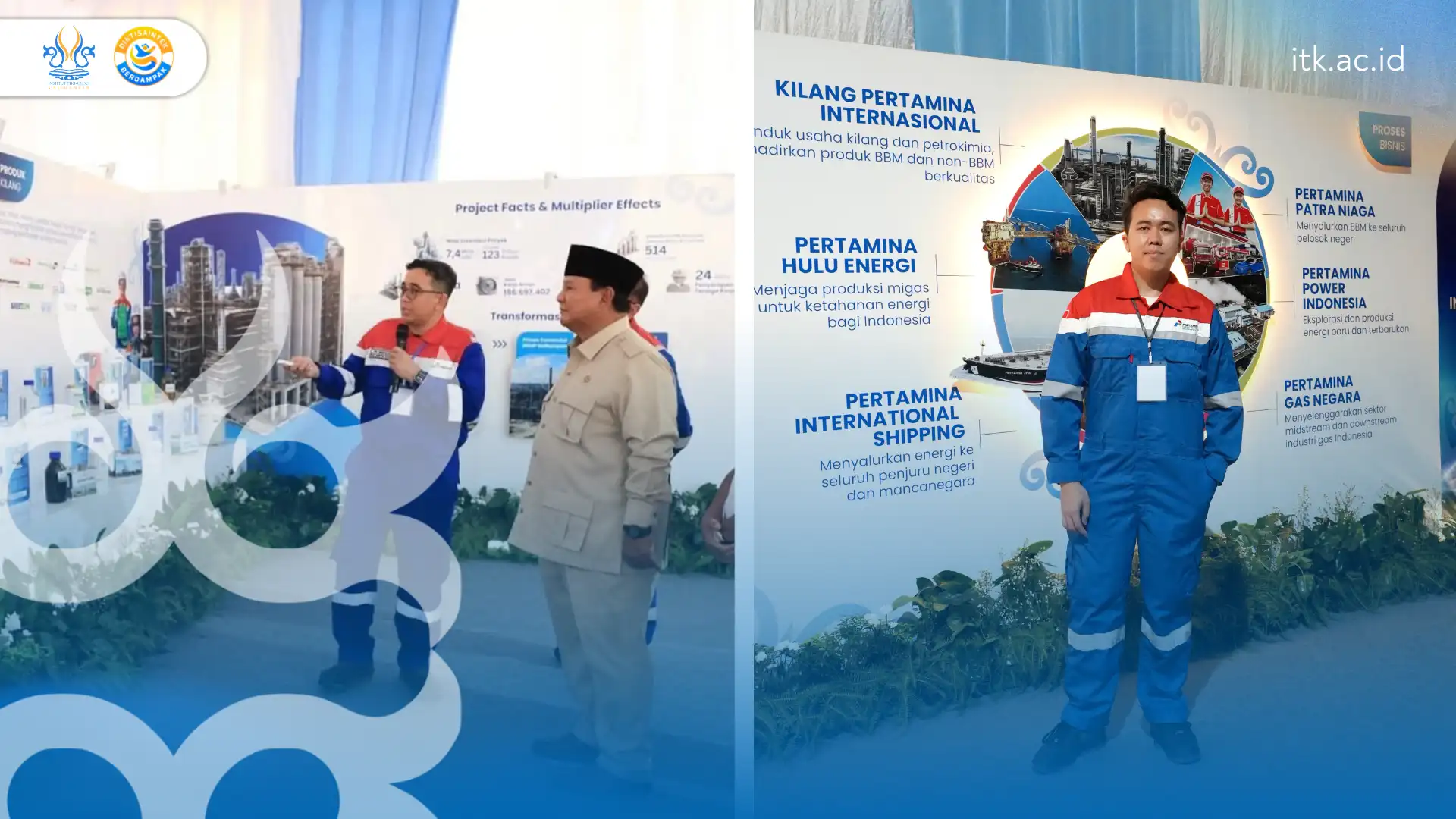 Alumni
Alumni
From Urban Planning to National Social Media Strategy: The Unexpected Career Path of Reynaldi Yudha
The Story of Reynaldi Yudha, 2017 Urban and Regional Planning (PWK) Graduate
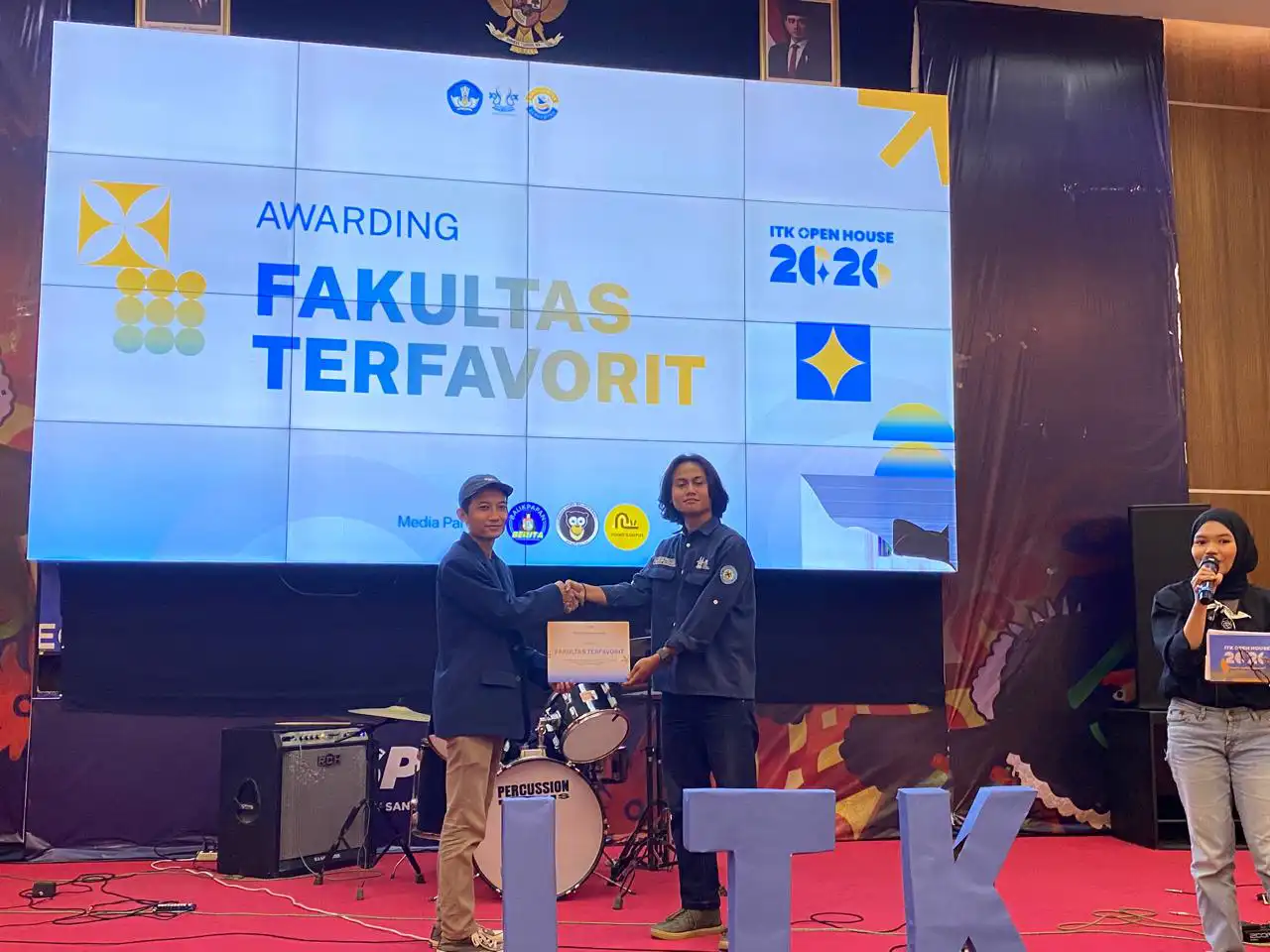 News
News
ITK Open House 2026 Closed with 2,560 Visitors
ITK Open House 2026 Records 2,560 Visitors at Closing Ceremony
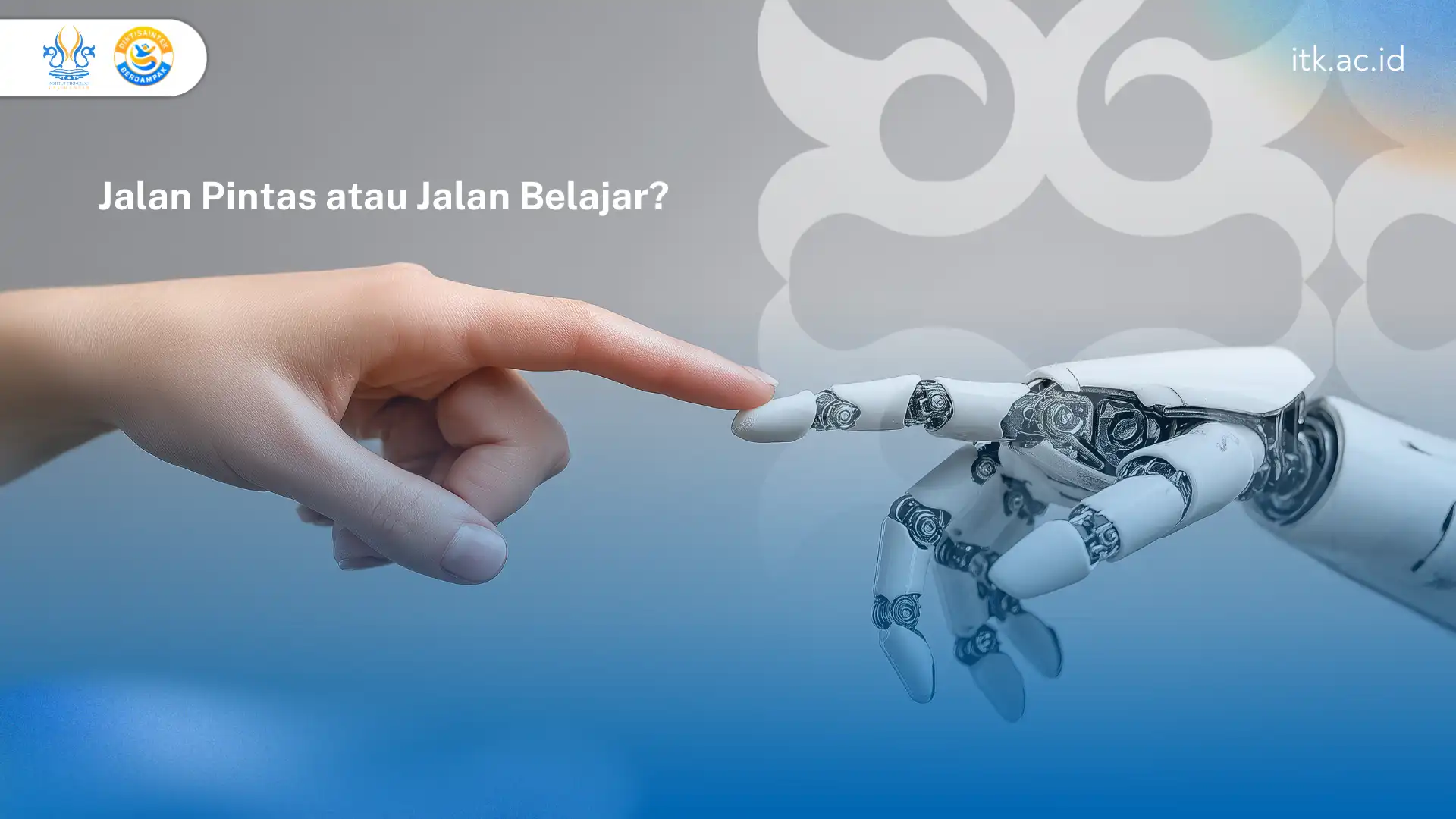 News
News
Reflections on Student Learning in the Artificial Intelligence Era
